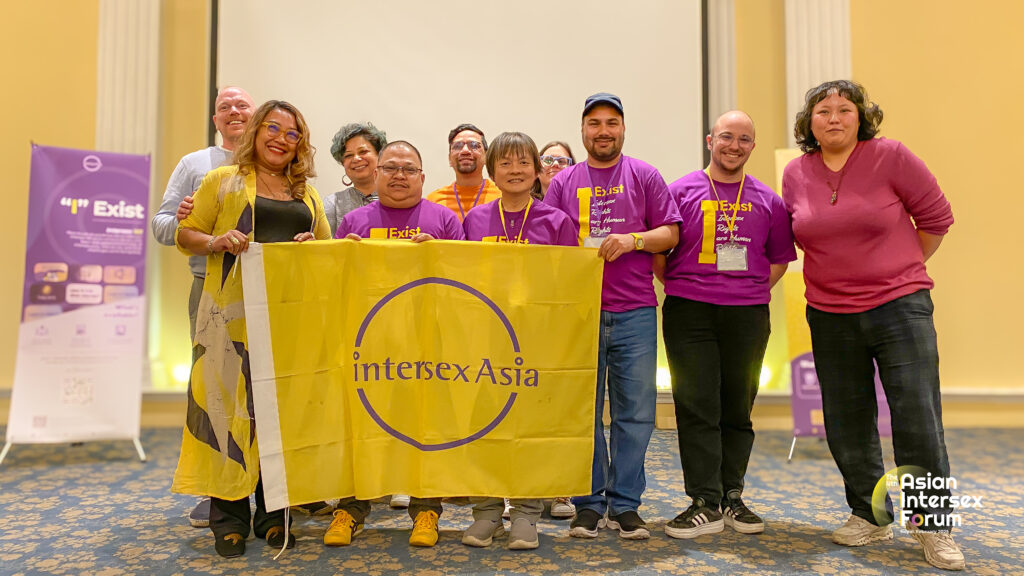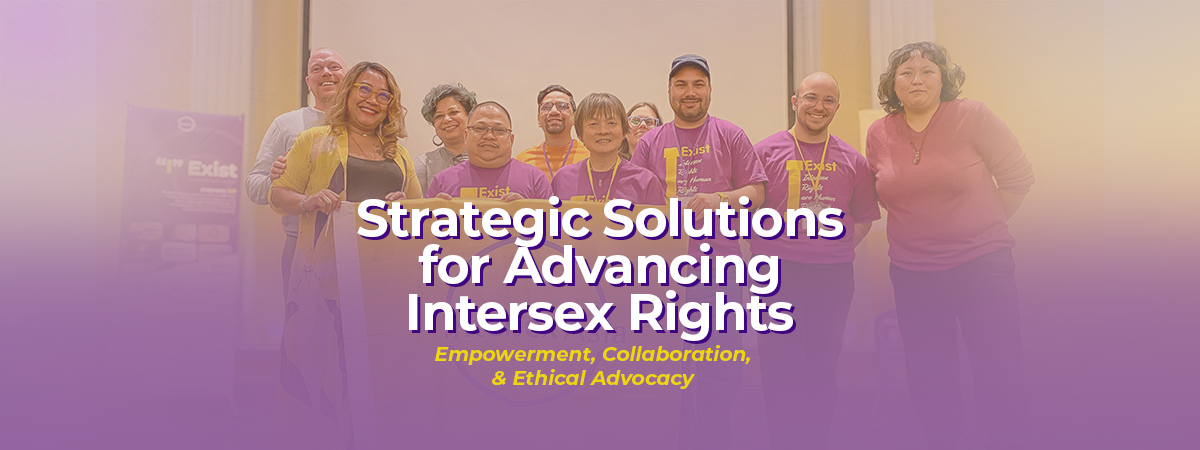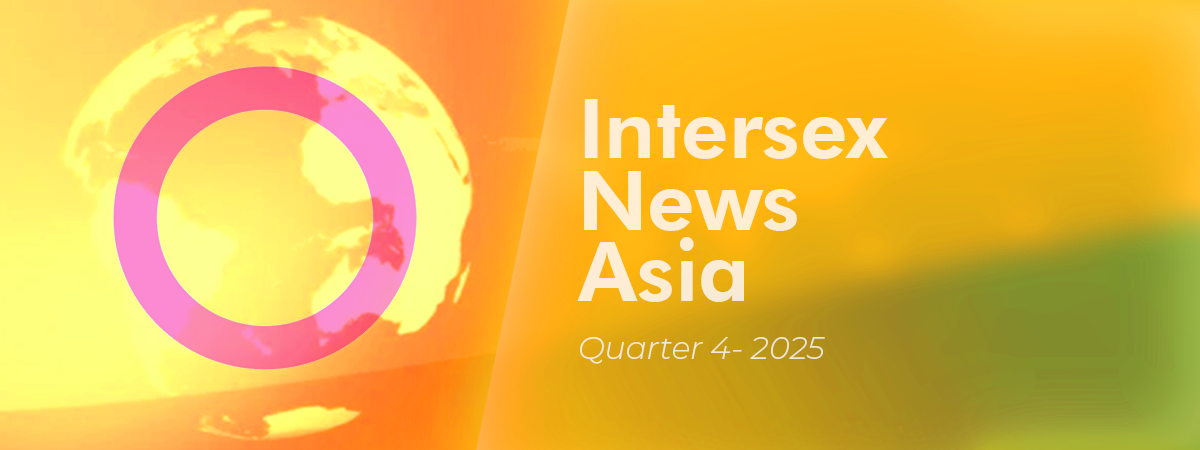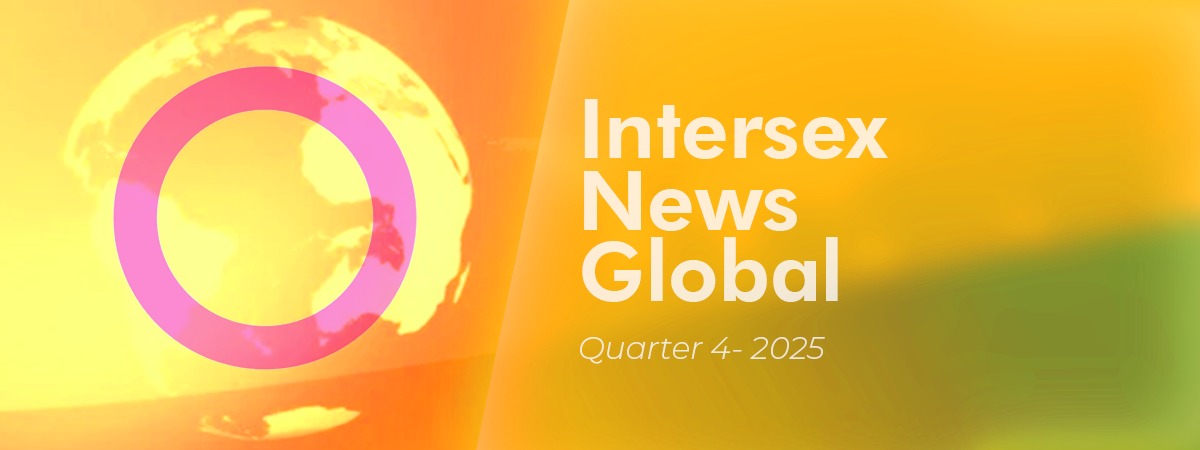The 4th Asian Intersex Forum proved to be a resounding success, bringing together a diverse group of advocates, activists, and allies dedicated to intersex rights. This 3-day event, which was held in the vibrant city of Kathmandu, Nepal, from February 20 to 22, 2025, focused on the powerful theme of “Engage, Embrace and Empower .” 45 intersex activists, and representatives of intersex organizations from 11 countries across Asia including Nepal, India, Bangladesh, Philippines, Indonesia, Thailand, Vietnam, Myanmar, Russia, Japan, and Taiwan came together.
Empowering leadership and Capacity-Building initiatives
The initial two days of the forum were dedicated to team-building activities, emphasizing the value of team collaboration strategies/ approaches. This is one of the central themes of this forum. Developing essential leadership skills in collaboration is crucial for effective advocacy, particularly with the current political and funding situation. The intersex movement is still young, and intersex organizations are generally small. Therefore, regular capacity-building programs tailored specifically for intersex individuals can significantly enhance their technical capability as well as the movement’s effectiveness. Such programs should focus on skills such as public speaking, community engagement strategies, project implementation and finance, equipping participants to promote intersex visibility effectively and better manage their organizations. By investing in incubating leaders, we can create a new generation of advocates who are not only aware of their rights but are also prepared to advocate for themselves and their communities. One of the recommendations was that Intersex Asia should institutionalize organizing capacity-building events on a regular basis moving forward, either as part of the Forum or as a separate program.
Fostering Collaboration with Other Movements
The second day of the forum also highlighted the necessity of fostering collaboration between intersex movements and other human rights organizations. The event was a good learning point for the participants to realize many common challenges and shared visions among the intersex activism in different countries. The potential in sharing insights, strategies, and experiences between movements is immense. The collaboration can go both ways moving forward. Internally, collaborative initiatives among intersex organizations can amplify our voices, increase visibility, and create a more unified front in the fight for intersex rights, while externally, building partnerships with other human rights organizations will enhance our ability to advocate for systemic change and promote an intersex inclusive narrative that reflects the intersectional issues and diversity of our identities.
Locally, there is a need for increased advocacy and sensitization meetings with stakeholders at the national level, with a particular focus on Bangladesh. This is because of the substantial security risks that LGBTQI+ individuals encounter, stemming from the ongoing criminalization of their identities. Regionally, the idea of collaboration between Intersex Asia and the African Intersex Movement, coined during the forum, opened a whole new dimension of activism. Both groups represent pivotal voices from the Global South, facing similar challenges, including language barriers, limited resources, etc.
Advocating for Ethical Practices in Healthcare
Unethical healthcare practices like genital mutilation, and gender assignments without consent were brought up as one of the key focuses of any intersex movement regionally. With that in mind, engagement with medical professionals is crucial in advocating for intersex rights. The forum emphasized the importance of promoting respect for bodily autonomy and ensuring medical professionals are informed about bioethical standards and affirming guidelines.
Unified Path Forward: Innovative Funding Strategies

On the final day, discussions shifted towards critical global issues, specifically addressing the UN Human Rights Council Resolution on Intersex Rights. This session highlighted the significance of advocating for intersex individuals and ensuring their rights are recognized and upheld in the UN. Additionally, participants explored the Brussels Collaboration on Bodily Integrity, which aims to promote bodily autonomy and protection against rights violations. Lastly, there was an in-depth discussion of funding situations in Asia, where various challenges related to financial support for human rights initiatives were discussed.
Some key highlights from the forum
- There is a requirement for increased collaboration between the African Intersex Movement and Intersex Asia, as both groups represent pivotal voices from the Global South facing similar challenges, including severe social discrimination, language barriers, limited resources, etc. By working together, these movements can share insights, strategies, and experiences to overcome these obstacles and strengthen their collective advocacy efforts for intersex visibility, awareness, and protecting intersex human rights..
- Intersex organizations and networks should prioritize building stronger collaborations with other human rights organizations to significantly increase the visibility and awareness of intersex issues.
- There is a need for increased advocacy and sensitization meetings with stakeholders at the national level, with a particular focus on Bangladesh. This is because of substantial security risks that LGBTQI+ individuals encounter, stemming from the ongoing criminalization of their identities
- Foster collaboration and the exchange of knowledge between countries to explore and adopt innovative strategies for better-supporting individuals with intersex variations.
- Clinicians should not perform any nonvoluntary genital cutting or surgery on prepubescent minors, irrespective of the latter’s sex traits or gender assignment, unless urgently necessary to protect their physical health.
- Engaging with medical professionals is necessary to ensure that information on bioethical standards and affirming guidelines can be made available in Asian languages and used in medical settings.
- Intersex Asia should institutionalize the regular organization of capacity-building events specifically designed for Intersex individuals. There is a significant need to enhance the skills and knowledge within this community.
Overall, this three-day event highlighted the diverse and complex strategies necessary to address urgent intersex rights issues both in Asia and globally. It served as a platform for important discussions, bringing together advocates, activists, and intersex individuals to share insights and experiences that shape the landscape of intersex rights.Intersex Asia is committed to fostering ongoing dialogue with intersex individuals at the national level by organizing regular meetings aimed at identifying and meeting their evolving needs. Moreover, Intersex Asia will implement its activities, including its advocacy activities, in line with its strategic plan 2025 to 2029, which is focused on raising awareness about intersex issues, influencing policy changes, and promoting intersex inclusivity within society.




